Related Movies
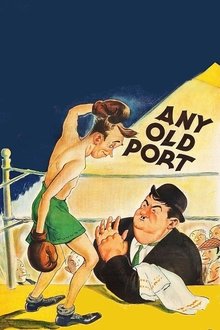
Any Old Port! (1932)
Stan and Ollie check into a seedy hotel and help a young girl escape the clutches of the landlord. They are forced to flee the hotel with no money and Ollie arranges for Stan to fight at a local boxing hall for $50. Stan's opponent turns out to be Musgy who uses a loaded glove. During the fight the glove is swapped and Stan triumphs only to find that Ollie has bet their fee that he would lose.
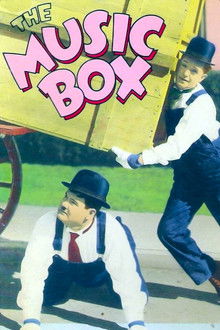
The Music Box (1932)
The Laurel & Hardy Moving Co. have a challenging job on their hands (and backs): hauling a player piano up a monumental flight of stairs to Prof. von Schwarzenhoffen's house. Their task is complicated by a sassy nursemaid and, unbeknownst to them, the impatient Prof. von Schwarzenhoffen himself. But the biggest problem is the force of gravity, which repeatedly pulls the piano back down to the bottom of the stairs.
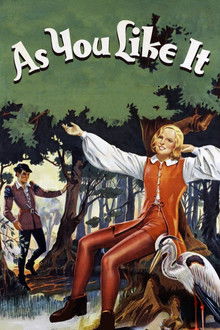
As You Like It (1936)
Film version of Shakespeare's comedy of a young woman who disguises herself as a man to win the attention of the one she loves.
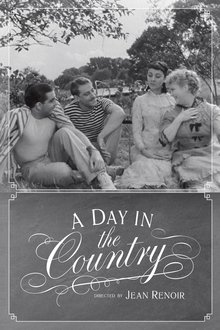
A Day in the Country (1946)
The family of a Parisian shop-owner spends a day in the country. The daughter falls in love with a man at the inn, where they spend the day.

Die Hart (2023)
Kevin Hart - playing a version of himself - is on a death-defying quest to become an action star. And with a little help from John Travolta, Nathalie Emmanuel, and Josh Hartnett - he just might pull it off.

The Real Bros of Simi Valley: The Movie (2024)
With the 10-year high school reunion around the corner, Xander and his squad embark on a journey to become the dopest versions of themselves in time to flex on all of their old classmates.
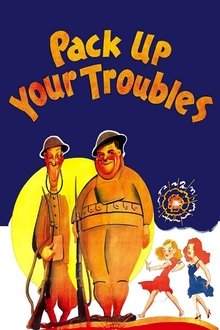
Pack Up Your Troubles (1932)
The story begins in 1917 with Stan and Ollie being drafted into the U.S. Army to fight in World War I. While in the Army, the pair befriend a man named Eddie Smith, who is killed by the enemy during a battle. After the war is over, Stan and Ollie venture to New York City, where they begin a quest to reunite Eddie's little daughter with her rightful family. The task proves both monumental and problematic as the boys discover just how many people in New York have the last name Smith.

Three Daughters (1961)
Three stories with three central female characters linking the stories together. The first one concerns an orphan girl who grows attached to the postmaster she is caring for after he teaches her to read and write. The second one is a supernatural tale about a woman obsessed with the jewels her husband buys for her. The final one follows a young man who falls for an unconventional girl from his new village instead of his arranged bride, the daughter of a respectable family.
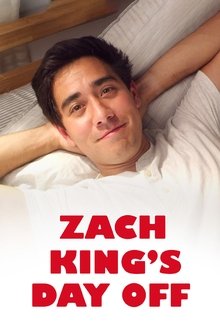
Zach King's Day Off (2020)
A short film parody of one of the classic films of the 80's - Ferris Bueller's Day Off.
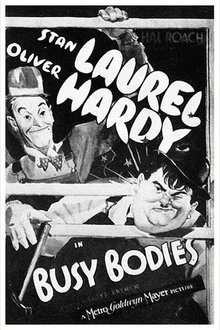
Busy Bodies (1933)
In this short film, Laurel and Hardy wage battle with inanimate objects, their co-workers, and the laws of physics during a routine work day at a sawmill.
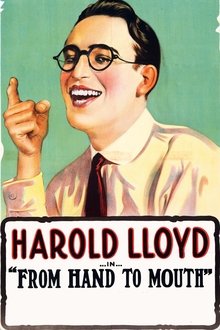
From Hand to Mouth (1919)
As a penniless man worries about how he will manage to eat, he is joined by a young waif and her dog, who are in the same predicament. Meanwhile, across town a dishonest lawyer is working with a gang of criminals, trying to swindle an innocent young heiress out of her inheritance. As the heiress is on her way home from the lawyer's office, she notices the young man and the waif in the midst of their latest problem with the authorities, and she rescues them. Later on, the young man will have an unexpected opportunity to repay her for her kindness.
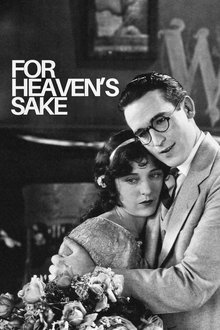
For Heaven's Sake (1926)
An irresponsible young millionaire changes his tune when he falls for the daughter of a downtown minister.
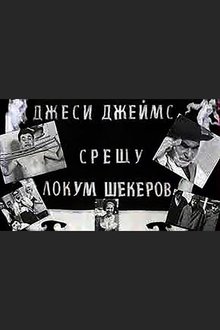
Jesse James vs. Lokum Shekerov (1966)
American filmmakers associated with the mafia are concerned about the great success of Bulgarian films around the world. They decided to send a big spy, Jesse James, to Bulgaria. His task is to blow up the film studios. But the Bulgarian inspector Lokum Shekerov is at his post.

Cosmetic Criminals (2024)
A short mockumentary detailing the rise of intergenerational cosmetic theft through the eyes of an affected family.
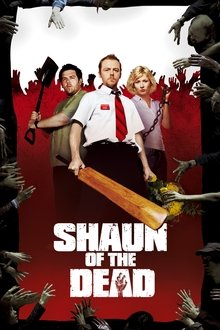
Shaun of the Dead (2004)
Shaun lives a supremely uneventful life, which revolves around his girlfriend, his mother, and, above all, his local pub. This gentle routine is threatened when the dead return to life and make strenuous attempts to snack on ordinary Londoners.

Murder She Said (1961)
Miss Marple believes she's seen a murder in a passing-by train, yet when the police find no evidence she decides to investigate it on her own.
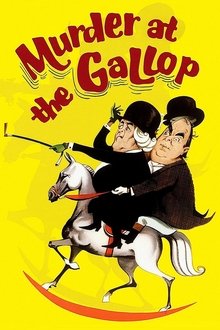
Murder at the Gallop (1963)
Miss Marple and Mr. Stringer are witnesses to the death by heart attack of elderly, rich Mr. Enderby. Yet they have their doubts about what happened. The police don't believe them, thus leading Miss Marple to yet again investigate by herself.

Murder Most Foul (1964)
A murderer is brought to court and only Miss Marple is unconvinced of his innocence. Once again she begins her own investigation.
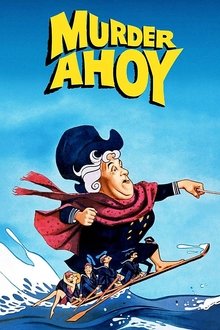
Murder Ahoy (1964)
During an annual board of trustees meeting, one of the trustees dies. Miss Marple thinks he’s been poisoned after finding a chemical on him. She sets off to investigate at the ship where he had just come from. The fourth and final film from the Miss Marple series starring Margaret Rutherford as the quirky amateur detective.

Monty Python and the Holy Grail (1975)
King Arthur, accompanied by his squire, recruits his Knights of the Round Table, including Sir Bedevere the Wise, Sir Lancelot the Brave, Sir Robin the Not-Quite-So-Brave-As-Sir-Lancelot and Sir Galahad the Pure. On the way, Arthur battles the Black Knight who, despite having had all his limbs chopped off, insists he can still fight. They reach Camelot, but Arthur decides not to enter, as "it is a silly place".